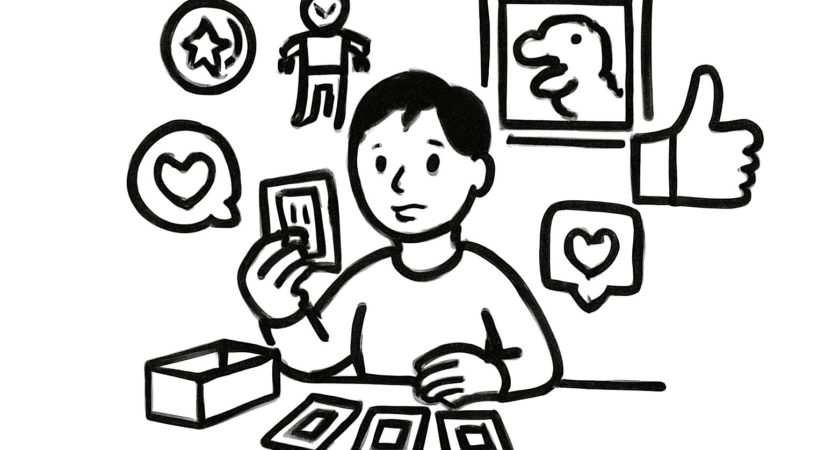Several brands are capitalizing on the viral popularity of Labubu dolls to engage consumers on social media. BeautyStat Cosmetics’ CEO Ron Robinson recently posted an Instagram Reel recommending a spa day for Labubu figures using the brand’s cleanser and exfoliator. E.l.f. Cosmetics collaborated with TikTok creator Joe Hegyes, who portrayed a Labubu beauty influencer in a playful “get ready with me” video featuring the brand’s products.
Other companies joining the trend include Olive Garden, Pillsbury, and Ladurée, which have incorporated Labubu dolls in TikTok and Instagram content. Apparel retailer Uniqlo launched licensed Labubu merchandise through a partnership with Pop Mart, the toy’s manufacturer.
Marketing experts note that brands use such viral trends to boost relevance and consumer interest. According to Melissa Minkow, retail strategy director at CI&T, brands see Labubu as a popular cultural touchpoint and benefit from associating with it.
Labubu originated in 2015 as part of a Nordic-inspired picture-book series by artist Kasing Lung. Pop Mart began licensing and producing the collectible toys in 2019, driving revenue close to $2 billion in 2024 with strategies like blind-box sales, TikTok unboxing videos, and limited edition drops. The dolls have evolved beyond toys, often used as accessories clipped to bags or worn as keychains. Celebrity endorsements by figures such as Rihanna and Blackpink’s Lisa have accelerated their mainstream appeal.
Recent collaborations include an official Labubu partnership with Coca-Cola and a promotion in the UAE where Ladurée provides Labubu dolls with high-value macaron purchases. The relatively low cost and quick turnaround of such partnerships make them attractive for brands aiming to generate buzz.
Thailand-based jewelry firm Ravipa launched a Labubu Baby collection in November 2024, featuring themed charms on bracelets, rings, and earrings. The collection has received strong sales and positive consumer feedback in online and physical stores.
Industry analysts link Labubu’s success to a broader “kidulting” trend, where adults seek nostalgic, carefree products for relaxation. Anjali Bal, marketing professor at Babson College, says brands tapping into this playful vibe can connect effectively with Labubu fans if done authentically.
However, there are risks. Some brand attempts, such as Louis Vuitton’s expensive Labubu-inspired charms, have sparked criticism for pricing and authenticity. Additionally, relying heavily on another brand’s viral product can overshadow a company’s own identity, warns Minkow.
Timing is crucial; trends like Labubu can fade rapidly, and late participation may appear forced or unoriginal. Digital marketing consultant Noah Mallin emphasizes the need for standout, brand-aligned creativity to avoid becoming background noise.
Ultimately, the Labubu phenomenon highlights how brands can engage niche fan bases to generate viral content while balancing authenticity and strategic messaging.
